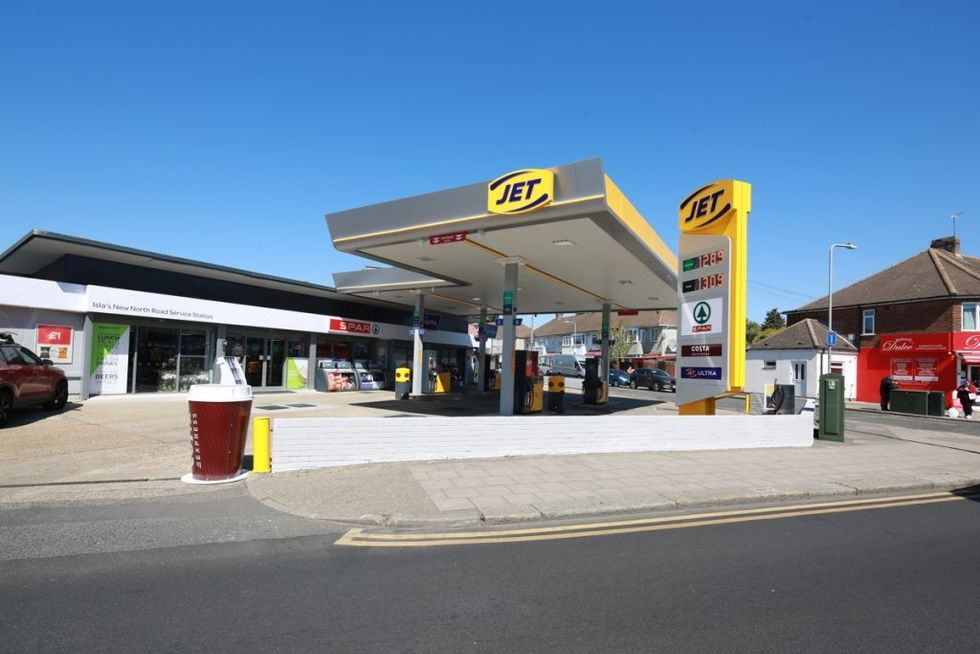The UK convenience retail market is set to grow slower in 2021 following an extraordinary growth last year, according to a new report from Lumina Intelligence.
The UK Convenience Market Report 2021 from the market researcher predicts the market to grow to a value of £43.2 billion with a 0.3 per cent growth. In 2020, the figure touched 6.3 per cent off the back of the pandemic.
The report says the growth this year will be driven mainly by the convenience multiples (2.1%) and co-operatives (5.3%). Following growth of 9.6 per cent last year, unaffiliated independents are set to experience a decline of 2.2 per centin 2021.
“Co-operatives are set to continue to achieve strong growth in value and outlets with ambitious growth plans, further expansion into delivery operation sand developments in own label,” commented Blonnie Whist, insight director at Lumina Intelligence.
Despite the decline, value is expected to remain higher than pre-pandemic for the independents. A lack of outlet growth (0.1%) from symbol groups will lead to a relatively static sales performance (-0.4%), with shoppers continuing to use in-store and delivery services.
The report notes that symbols and indies drive higher frequency, but lower spend, as the average spend per visit to a convenience store is £10.82, with the average shopper buying 3.3 items and visiting 2.5 times per week.
Average spend within managed convenience stores is £11.60 per visit – 30 per cent higher than average spend at symbol and independent convenience stores (£8.92). However, average visit frequency to a symbol or independent convenience store is 2.9 times per week – 26 per cent higher than for managed convenience stores (2.3 visits per week).
Planned top up is the top shopper mission within convenience, accounting for nearly three in ten shoppers, followed by newsagent (16%), meal occasions (14%), distress top up (12%) and food to go (11%).
“The convenience market has a unique opportunity to build on the customers and spend gained throughout the pandemic to continue to grow as a core shopping channel for consumers,” Whist said.
“Growth drivers in convenience will include the continued expansion and roll out of on-demand and delivery services as well as click & collect for larger more urban stores. Suburban stores can continue to enhance their role as key community destinations including continuing to provide core household essentials and increasing reach into attractive lunchtime meal solutions for home workers.”

















 JET New North Road in Ilford
JET New North Road in Ilford

 Helen and Andrew Wood of Edith Weston Village Store in Edith Weston, Rutland
Helen and Andrew Wood of Edith Weston Village Store in Edith Weston, Rutland
